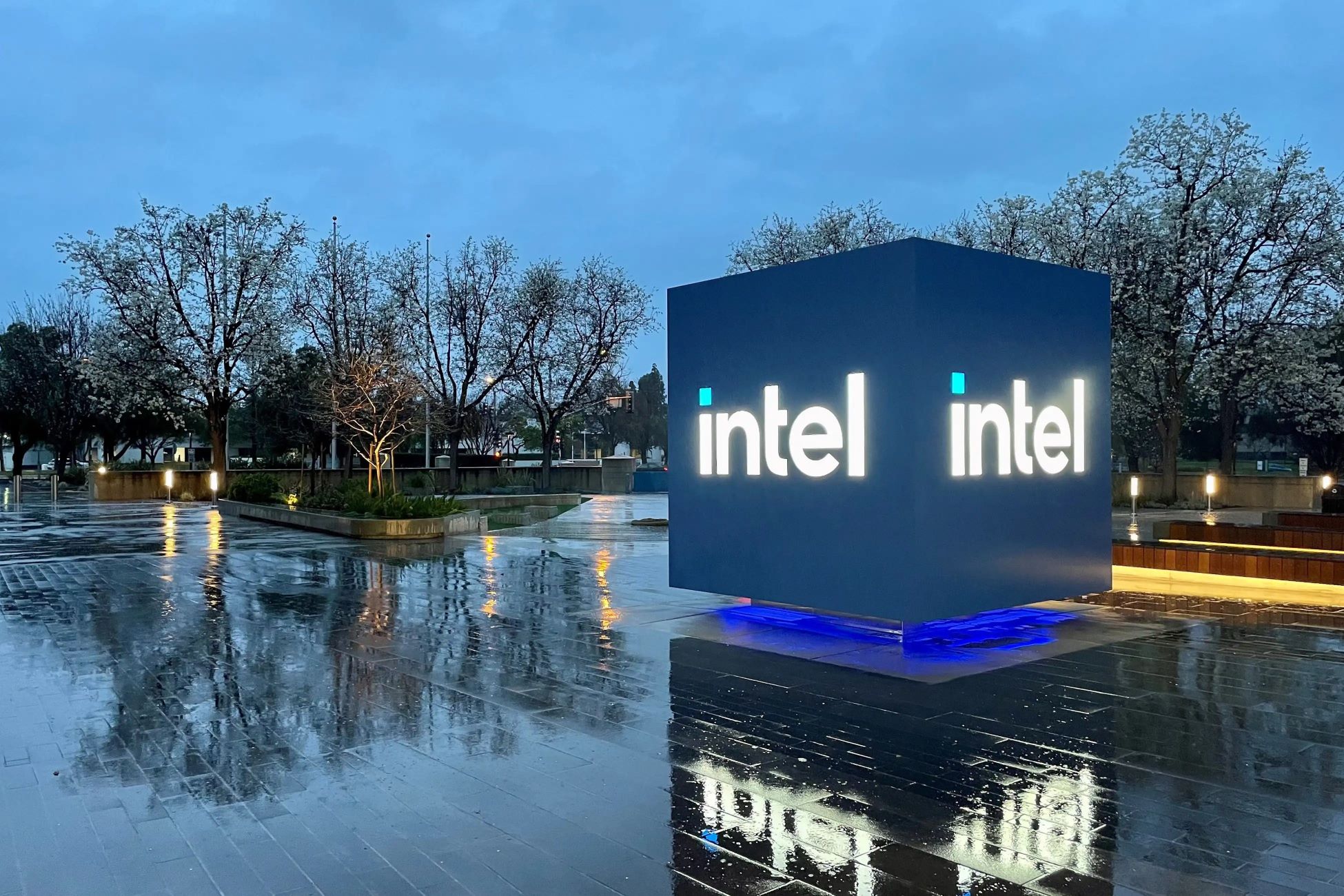This week’s tech updates focused on anticipated AI developments, new legal and privacy issues, and a growing interest in niche tech innovations. OpenAI’s upcoming model, reportedly codenamed “Orion,” might launch by December, though OpenAI has officially denied such plans. This ambiguous response has sparked speculation about a potential end-of-year release, especially as former OpenAI CTO Mira Murati also steps into the AI arena, raising over $100 million for a proprietary AI startup.
Meanwhile, advancements in generative AI capabilities were showcased as Midjourney launched new features that allow web users to edit and retexture images through captions, adding flexibility to digital content creation.
Concerns over AI’s impact on mental health gained prominence with a lawsuit against Character.AI following the tragic suicide of a young user who had grown overly attached to a chatbot. In response, Character.AI is implementing stricter safety protocols, including alerts after prolonged sessions and improved detection of harmful conversations.
Additionally, data security remains a pressing topic; UnitedHealth Group revealed that over 100 million Americans were affected by a February ransomware attack targeting Change Healthcare, marking one of the largest breaches to date. Such incidents underline the need for heightened data protection in healthcare systems as technology advances.

In tech gadgets and personal devices, several unique products emerged. The Ray-Ban Meta smart glasses have exceeded expectations in the EMEA market, becoming the top-selling item in over 60% of Ray-Ban stores across the region, even without full AI functionality yet.
Anthropic also upgraded its Claude model, which can now interact with any desktop app, emulating user gestures and commands—a feature that opens up new applications in virtual assistance and automation.
Apple’s iMessage gained an unexpected spotlight when Tim Cook reportedly discovered he could name group chats, which he promptly tested with a chat for his college roommates. Such small features are reminders of how technology continues to shape everyday interactions.
On the health front, startup Throne presented a novel AI health-monitoring solution with a toilet-mounted camera that tracks gut health by analyzing stool. This product, currently in beta, points to the increasing role of AI in personal health and wellness.
Astropad introduced “Bookcase,” a phone case with a MagSafe mount, allowing users to hold their smartphone like a Kindle for a more comfortable e-reading experience. In a similar effort to enhance convenience, Amazon introduced a 10 cents per gallon discount for Prime members at select gas stations across the U.S., adding a practical benefit to its membership offerings amid rising fuel prices.
Lastly, 23andMe’s handling of genetic data came under scrutiny as the company contemplates going private. This has raised alarms over customer data privacy for its 15 million users, as 23andMe is not covered by HIPAA, making it largely governed by its own policies.
While customers can request the deletion of their data, the situation underscores broader privacy concerns about the management of sensitive information by private companies. This week’s developments reveal how quickly technology, policy, and consumer expectations are evolving, urging both industry and individuals to consider new ethical and practical dimensions of digital progress.







Leave a Reply